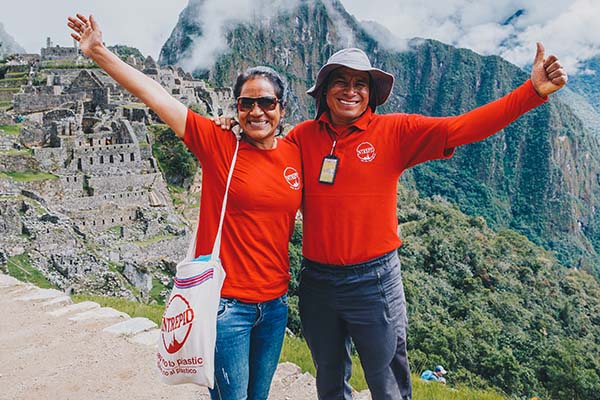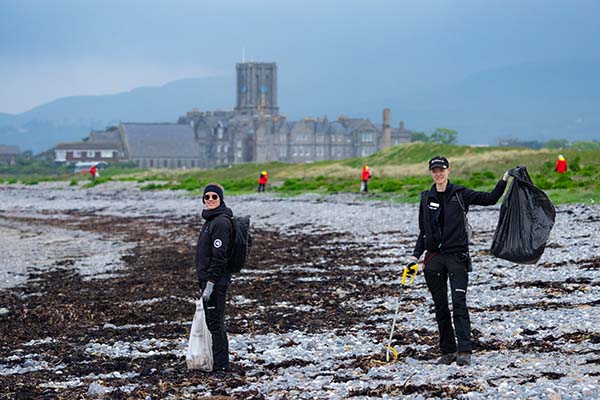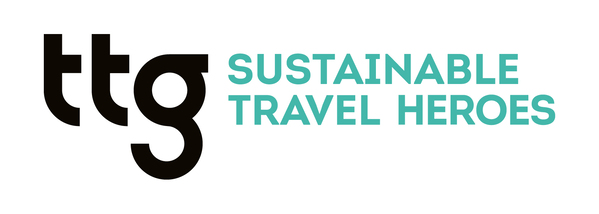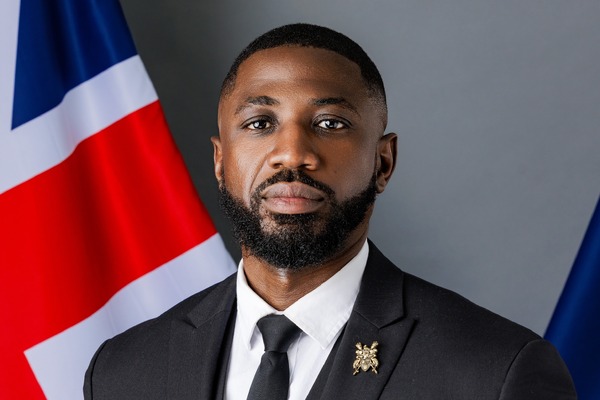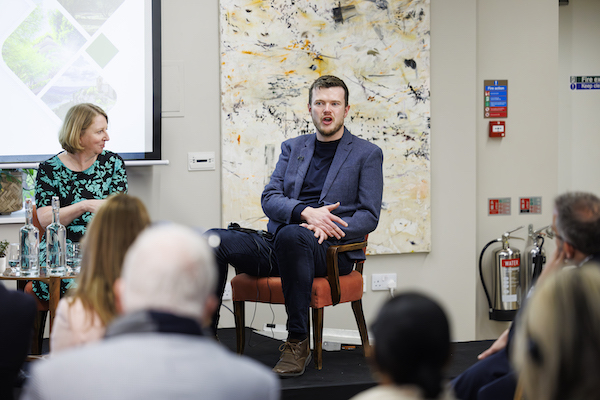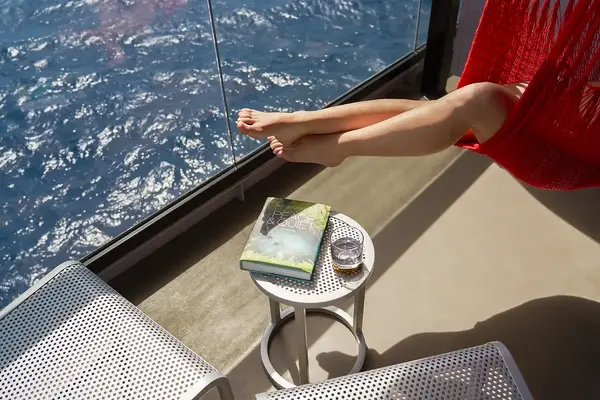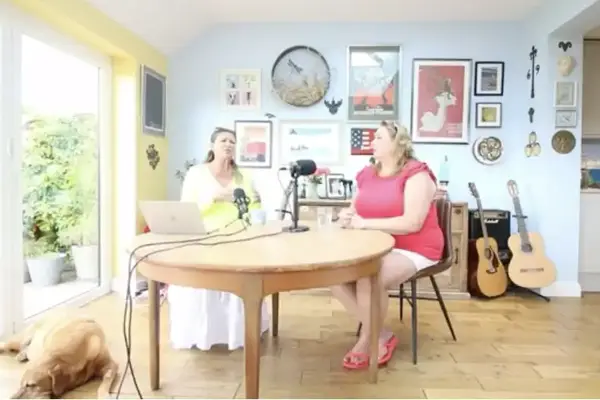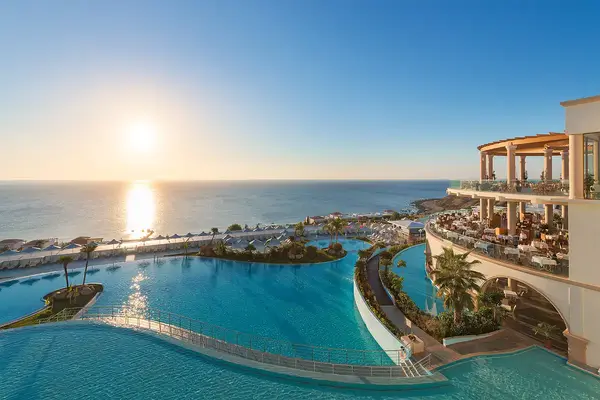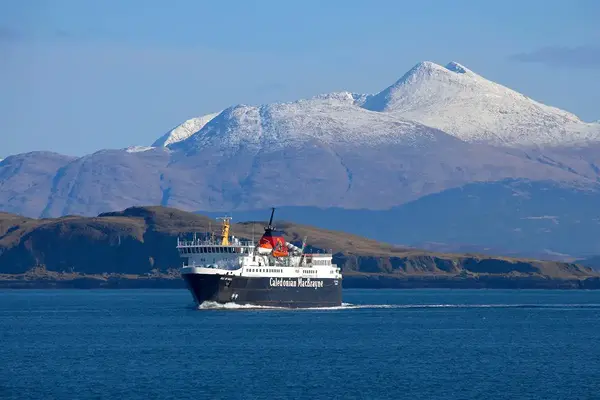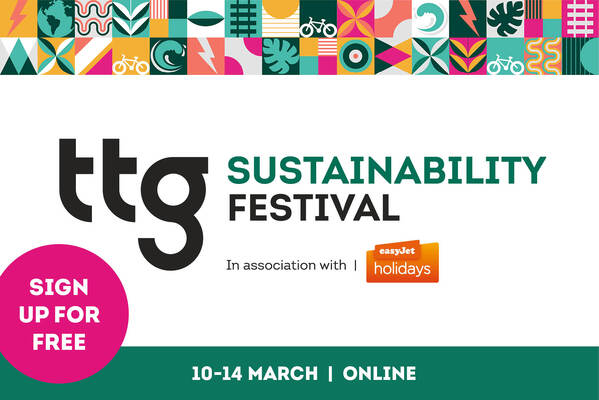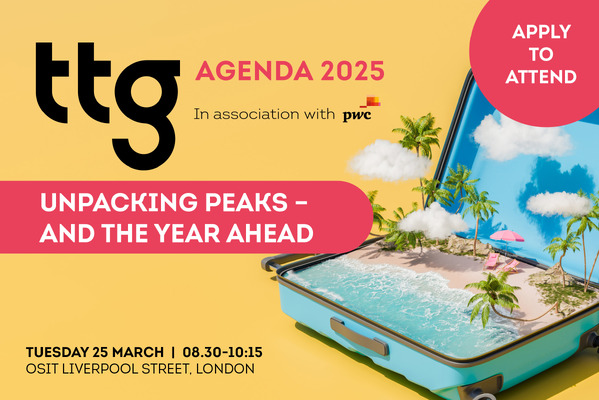The practical ways you can help put an end to plastic
Travel has declared war on single-use plastic. Find out how agents and suppliers can minimise its use throughout the client journey.
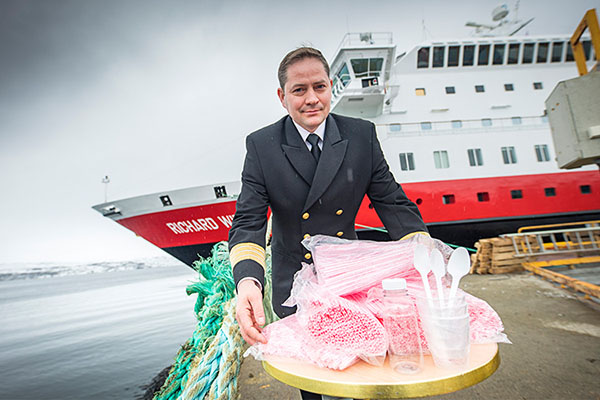
The world’s oceans are choking on plastic. Immense floating islands of rubbish grow daily, 90% of seabirds have plastic in their stomachs, and if trends continue the seas will contain more plastic than fish by 2050.
These sobering statistics from WWF highlight the scale of the global problem caused by single-use plastics, and Intrepid Travel’s global environmental impact manager, doctor Susanne Etti, says the effects should not be underestimated.
She explains: “Single-use plastic products not only cause terrible pollution and environmental impacts which are detrimental to destinations, environments, and the wildlife we visit, they’re also a major global contributor to carbon emissions. Without deliberate effort across travel and tourism, the industry can contribute significantly to this issue.”
Travel firms have a vital role to play in reducing their use of plastics at home and abroad, and in encouraging clients to follow. Here, TTG’s Sustainable Travel Heroes share their advice:
IN THE OFFICE
Iberostar Group business development director Aishling McLoughlin says by reducing waste, agents will help the environment and save costs. “We all have to start our sustainability journey somewhere, play our part and work together, and it will have such a positive impact,” she says. “If agents are recommending sustainable travel options to their clients, it only makes sense that they are as sustainable as possible themselves.”
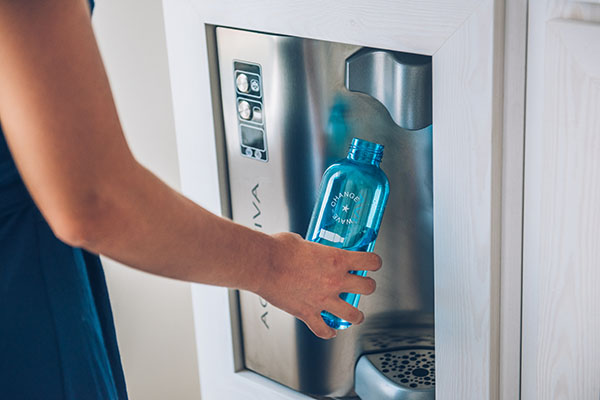
McLoughlin’s easy wins in the office include swapping to reusable water bottles; sourcing eco-friendly, reusable and compostable materials for client giveaways; and cutting down on brochures by communicating digitally where possible.
Travelsphere has dramatically slashed the amount of paper and plastic it uses, and many of its ideas can be copied by agents. Marketing director Nicole Mason notes: “From our calculations we could have filled all of the 20 Premier League football clubs’ pitches with just some of the plastic and paper we have saved!”
The team reduced the amount of direct mail they distribute, and 97% of customer documentation is now sent digitally. Agents are encouraged to use online brochures, any trade brochures are sent in compostable wraps, and at conferences there are no single-use plastic giveaways. Agents scan a unique QR code created for each event, allowing them to request information digitally, with data fed back into Travelsphere’s database so the team can follow up with specific content.
Mason says these changes were easy to implement, weren’t cost prohibitive and had a “significant impact” on Travelsphere’s plastic usage.
At Intrepid, each office has its own Climate Action Plan, setting targets for energy, water and waste. At the Brixton office in London staff are given canvas bags and reusable bottles, and last year an online climate learning programme was launched for staff, designed to empower them to make responsible choices at home and at work.
TRAVELLING TO A DESTINATION
Agents are in a prime position to share tips on how clients can eliminate single-use plastic as they pack and travel. Intrepid’s Etti explains: “Tourists are more likely to generate higher amounts of waste and pollution than locals, as they shop more and eat more packaged food. For many years Intrepid has educated its customers about the importance of reducing their single-use plastics on trips, as well as providing them with solutions.”
Travellers are encouraged to bring a reusable water bottle and are given a fabric tote bag. Etti continues: “They can bring their own small containers for snacks, plus a reusable coffee cup and straw. They could consider solid soap and conditioner bars, so they don’t have to leave an empty bottle behind. And at the airport think about reusing the small plastic bag needed for carry-on liquids, instead of throwing it out after a holiday.”
ON HOLIDAY
Highlight the range of initiatives suppliers and hoteliers operate, which customers support through their stay.
All Iberostar properties have been free of single-use plastic since the end of 2020. During the first six months of 2022 the group avoided using 396 tons of single-use plastic. Items have been swapped for high-quality replacements that are reusable, compostable – or both – and the group’s next target is to become waste-free by 2025, meaning nothing will be sent to landfill that year.
In 2018 Hurtigruten banned single-use plastics across its ships and land-based operations, with the goal of becoming the world’s first plastic-free shipping company. Straws, plastic cups, single-use butter packets and even plastic aprons have all been ditched.
Clients can get involved by joining a beach clean, with at least one organised on each Hurtigruten Expeditions cruise. UK sales, marketing and events executive Katie Leigh explains: “This enables our guests to give back to the communities they’re visiting in a meaningful way, leaving the destination in a better condition than they found it. We find these are very popular with our guests, and this goes hand in hand with the lectures and activities our expedition team host onboard centred around sustainability and protecting our fragile planet.”
Look for local initiatives that customers can visit, such as the Green Life Halong Cooperative in Vietnam’s Bai Chay, where local women turn discarded plastic litter into handicrafts. It’s supported by Intrepid, and leaders and guides are also educated on sustainability to support clients.
By working with suppliers, destinations and customers, agents can help turn the tide on single-use plastics.
Three ways to communicate with clients about plastics
Reuse content
Iberostar’s McLoughlin suggests reusing content, information and messages from suppliers about their sustainability agenda. “Use as much visual, eye-catching content with short, sharp messages, to really capture the client’s attention. Recommend suppliers where you are confident with their sustainability message – this will shine through when promoting sustainable travel to clients.”
Be innovative
Look for novel ways to integrate sustainable items into standard business activities, which can be used to highlight your stance and as a talking point. When exhibiting at the Sustainability Show in London last October, Hurtigruten Group debuted a stand made from reclaimed waste plastics, including a carpet created from discarded fishing nets.
Make the connection
Abta suggests reminding customers simple steps – such as refusing plastic bags, straws and other single-use items – make a big difference. Motivate clients by showing how their participation boosts plastic reduction in the destination, and connect the story to the location. Explain the effect plastic waste reduction will have on local marine life, the attractiveness of the beach or the wellbeing of local people.
For more guidance on how to sell sustainable travel, visit
ttgmedia.com/sustainabletravelheroes

